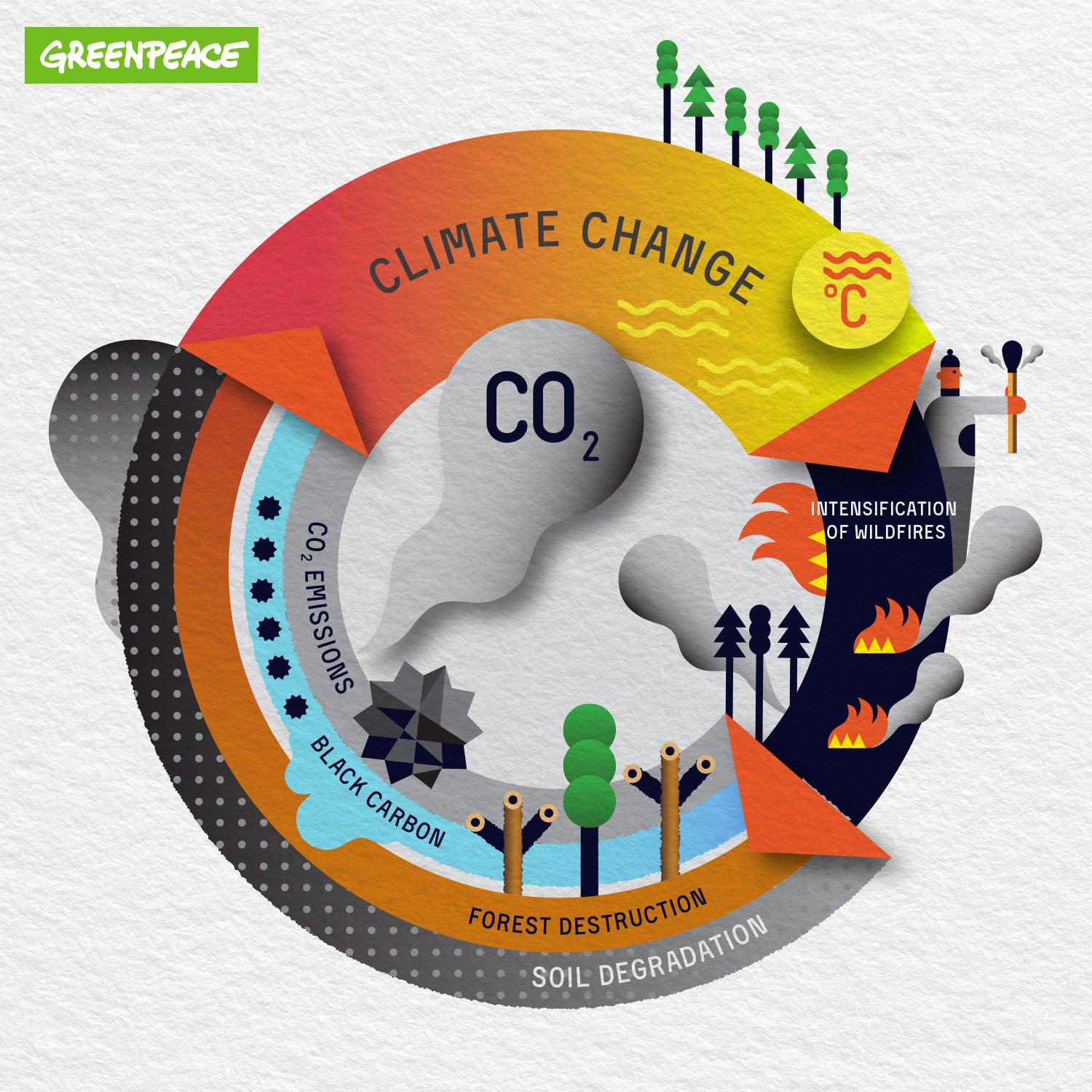Plastic In The Ocean
- ScienceNerd14

- Sep 2, 2019
- 2 min read
Whether you live close to or far from the ocean, the plastic that you throw away could end up in the ocean. Once plastic enters the ocean, it breaks down into tiny pieces called micro plastics that can be extremely damaging to sea life. If you throw plastic away in the garbage instead of recycling it, it ends up in a landfill and can be blown into the ocean. If you litter, plastic can be drained into the ocean. Illegal dumping can also contribute to this issue. Products that go down the drain, or flushed down the toilet, are too small to be filtered by waste plants and can be consumed by small marine animals. One of the main issues with plastic is that it is not biodegradable and it can contaminate soil and groundwater with harmful chemicals and microorganisms. It is estimated that there could be as many as 51 trillion microplastic particles in the ocean today. Plastic threatens the life of marine animals that consume it. Many animals are killed from plastic ingestion. Many animals also suffer from digestive problems that go untreated. Birds can be tricked by the bright colors of plastic and suffocate. People who consume marine food can also become sick, as the toxins in plastic are related to things such as cancer and birth defects. Garbage in the oceans pollutes the waters with toxic substances such as Bisphenol A. It results in environmental problems and can result in low oxygen levels in the oceans. Clearly, plastic and garbage in the oceans is a severe issue that needs to be dealt with. What will you do to remove plastic from your life and recycle?
Sources: https://www.wwf.org.uk/updates/how-does-plastic-end-ocean
https://www.marineinsight.com/environment/how-is-plastic-ruining-the-ocean/
🐠🐟🐬🐳🌊💦🌊🐡🐙🦑🦐🦞🦀🌊🐳🐬🦞🦀🦐🐟🌊💦🐙🦑🐳🐬🐠🦞🌊💦🦞🦑




Comments